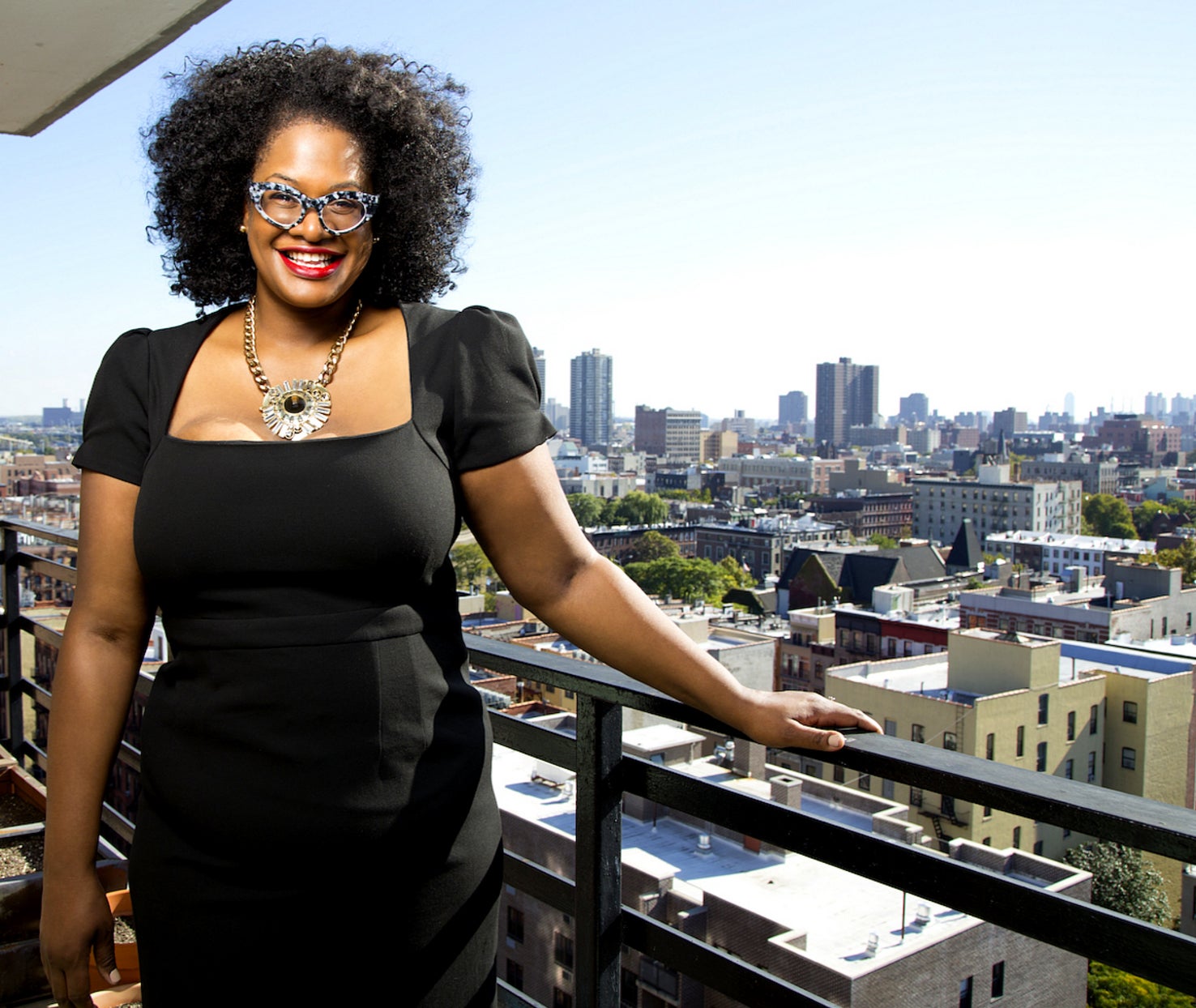
When you look at the facts, the amount of money that Black female-run tech start-ups receive is insulting.
According to digitalundivided, an organization devoted to fostering and accelerating growth among minority entrepreneurs, a recent report found that only 15 Black women who have founded a tech start-up have raised more than $1 million in funding (for comparison, tech start-ups typically begin receiving venture money from outside firms once they’ve raised anywhere from $3 million to $10 million).
“And so, as a result, there’s a small pool of investors who have invested in Black women,” digitalundivided founder Kathryn Finney told ESSENCE.com. “A very small pool.”
But Finney is doing everything she can to fight that disparity. Last year, she launched Project Diane, an initiative that aims to gather the name and information of every single Black woman who has launched a tech start-up. We caught up with Finney to hear about her research findings (brace yourself!) as well as how non-techies can help bring Black women to the forefront of the tech conversation.
Tell me about your inspiration for Project Diane.
We named the campaign after Diane Nash, the civil rights icon who was a great leader and incredibly influential even though people don’t know about her. We started off by asking people to submit the names and information about Black women in tech they knew. After two or three months, we only had about 375 women in our database.
From those 375, we applied what most in tech would consider a pretty generous definition of a ‘start-up’—something that’s temporary and scalable. We found that most African-American companies were more legacy-based, meaning we want to pass them along to our kids. However, in tech, no investor wants to hear you say that because they want their money back, so they’re looking for companies that are going to exit in a relatively recent time frame. After we applied our definition of a start-up to those 375 companies, we found that there were only 88 Black woman start-ups in tech.
That’s awful!
It is, but I think there’s another way to look at it. Because there are a large number of women who are doing something in tech—not necessarily a start-up—that means there’s a large pool in which great ideas can develop. These women just need to learn the language of a start-up as well as how they can turn their product into something that’s more scalable. Those are all things that can be taught.
I think the real issue, though, is in regards to funding. What happens to those start-ups that do follow the rules and create these great companies? Are they getting the funding that they need and deserve to really scale and grown their companies?
How does the funding that Black female-owned start-ups compare to other ventures?
We found that on average, Black women receive $36,000 in funding. There are only 11 verified, approximately 15 unverified Black women who have raised more than $1 million. Now, the problem with that is that’s really not a lot of money. It’s really a low, low amount of money. Most tech companies begin receiving Series A venture money—funding that comes from traditional firms rather than money collected from your friends and family—once they’ve raised anywhere from $3 million to $10 million.
Well, we were finding that Black women were raising our institutional rounds at $1 million because we didn’t have enough people taking a risk on us at that very early stage, so as a result, there’s a small pool of investors who have invested in Black women. A very small pool.
What can we do to help this problem?
There are a couple of key things you can do. Crowdfunding is vastly important to our community. When your friend who has a viable, real business launches a Kickstarter campaign, give, even if it’s just $5. And sometimes, it’s not about the money; it’s about the morale. The fact that you gave $5 helps me on a personal note to know that the hard work we’re doing is worth it because you appreciate it.
The second things is really talk to your city, state and local governments. The irony of the funding problem is that with most of these investment funds, the majority of investors’ money is coming from the pension funds of their state governments—the people whose money are funding these venture funds are our parents’ and grandparents’ pensions!
Wow. A lot of people probably don’t realize that.
No, because they don’t want you to. If you realize that, then they know you’re going to start to demand stuff. So that’s why it’s so important to put political pressure on your governor, your mayor and your comptroller. I think a lot of people think, ‘Oh my gosh, I don’t have any money give.’ You don’t have to give money. There are other things you can do to make a big change.
